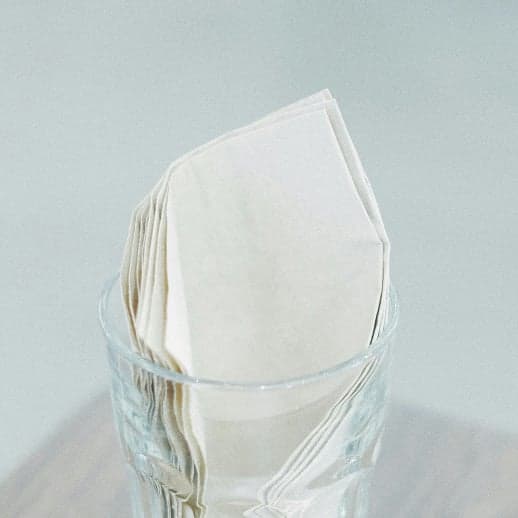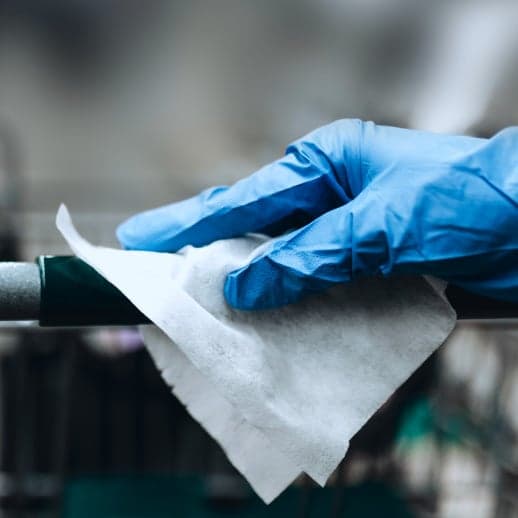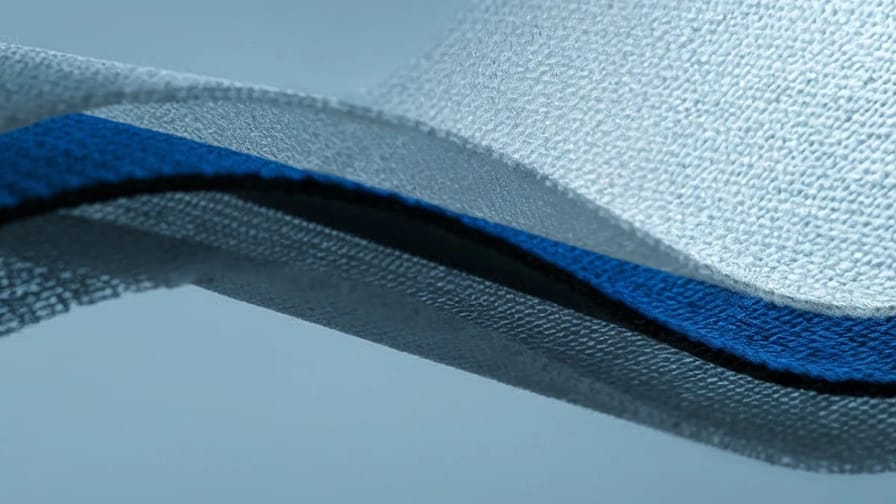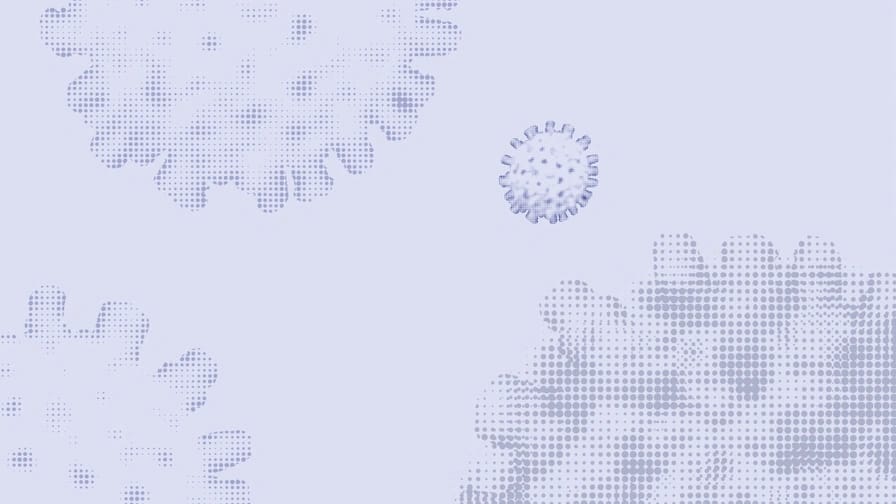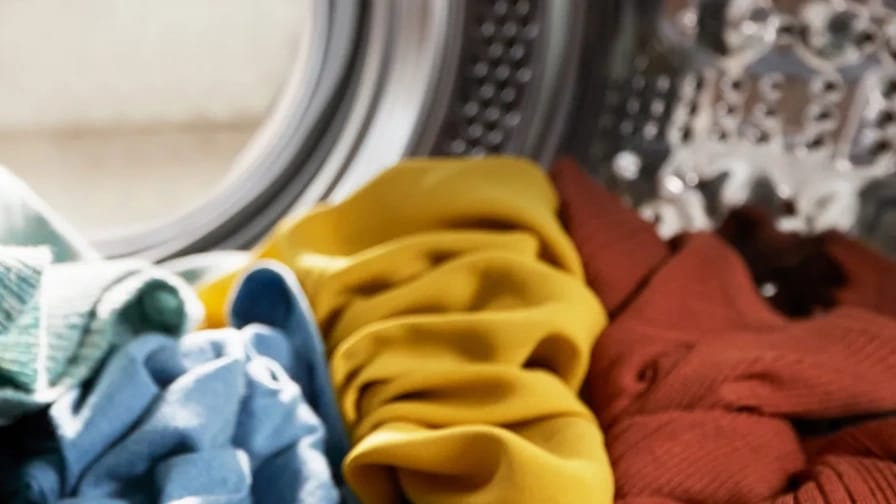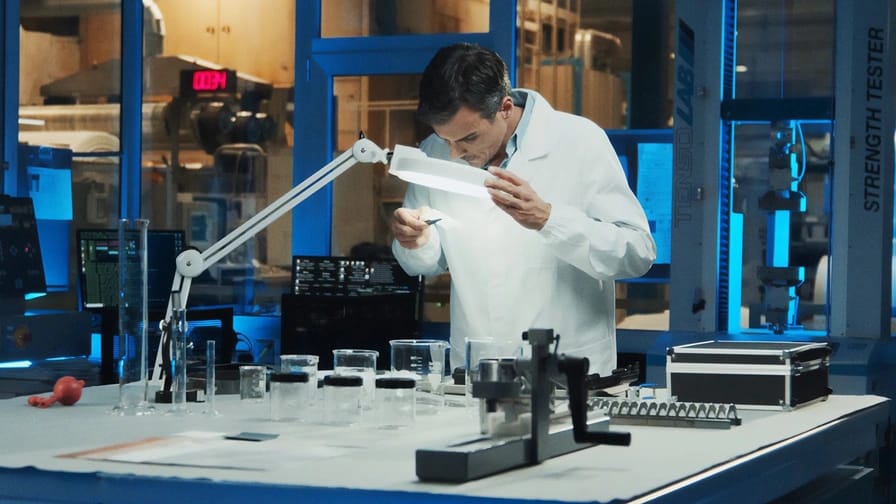PFAS: what they are, why they raise concern, and what Europe is doing
What are PFAS and why does the EU want to restrict them? Learn about the ECHA proposal and how DeatexGroup is leading the change with ready-to-use fluoro-free solutions in the TULAC sector.
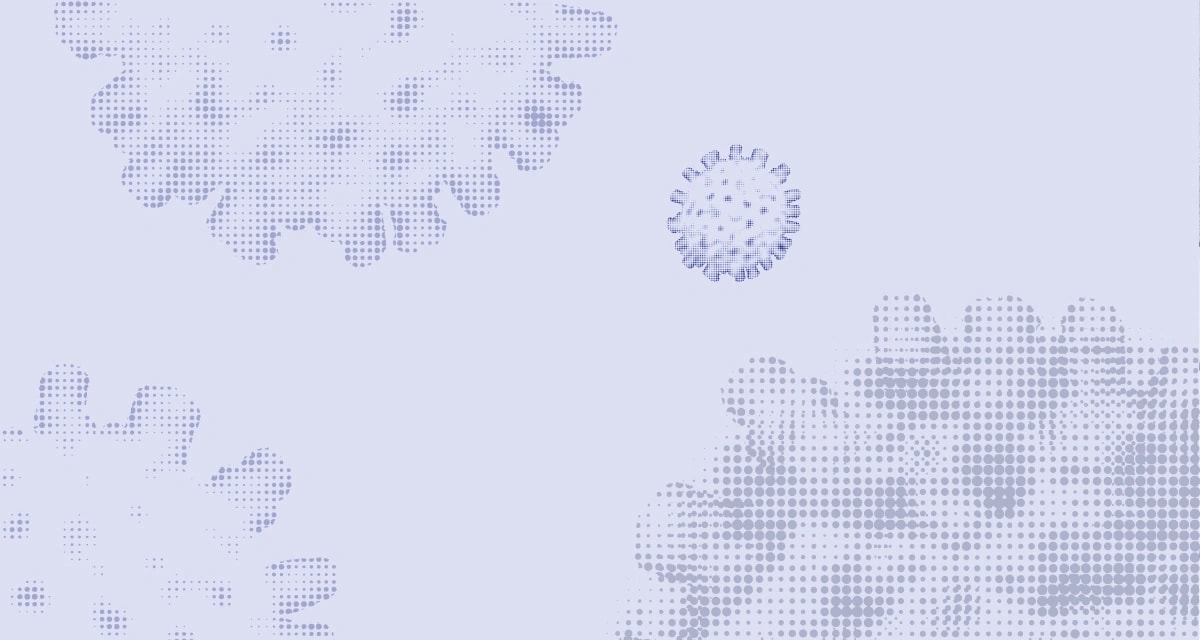

PFAS (per- and polyfluoroalkyl substances) are a large family of synthetic chemicals used since the 1940s for their exceptional resistance to water, oil, heat and chemicals. They are found in countless consumer and industrial products — from technical textiles to non-stick coatings, cosmetics, medical devices, fire-fighting foams and electronics.
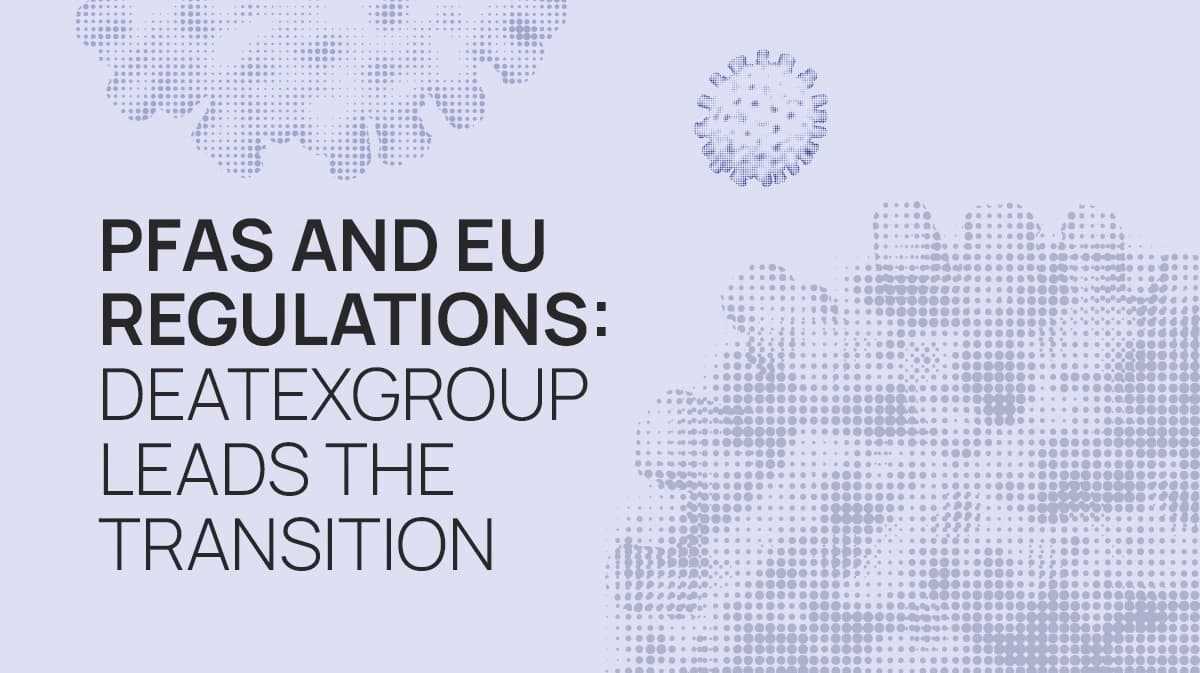
The main issue with PFAS is their extreme persistence in the environment and living organisms. For this reason, they are often called "forever chemicals". Some PFAS have been linked to adverse health effects, including endocrine, immune and reproductive disorders, as well as potential carcinogenicity.
The EU restriction proposal: where we stand in 2025
In January 2023, five EU Member States (Denmark, Germany, the Netherlands, Norway and Sweden) submitted a proposal to ban over 10,000 PFAS substances across 14 industrial sectors to ECHA (European Chemicals Agency).
The regulatory process is structured in four phases. As of May 2025, we are in phase III, during which ECHA’s scientific committees — the RAC (Risk Assessment Committee) and the SEAC (Socio-Economic Analysis Committee) — are reviewing the technical documentation and drafting their opinions.
The 2023 public consultation received over 5,600 comments and more than 100,000 pages of documentation — the most extensive in ECHA’s history.
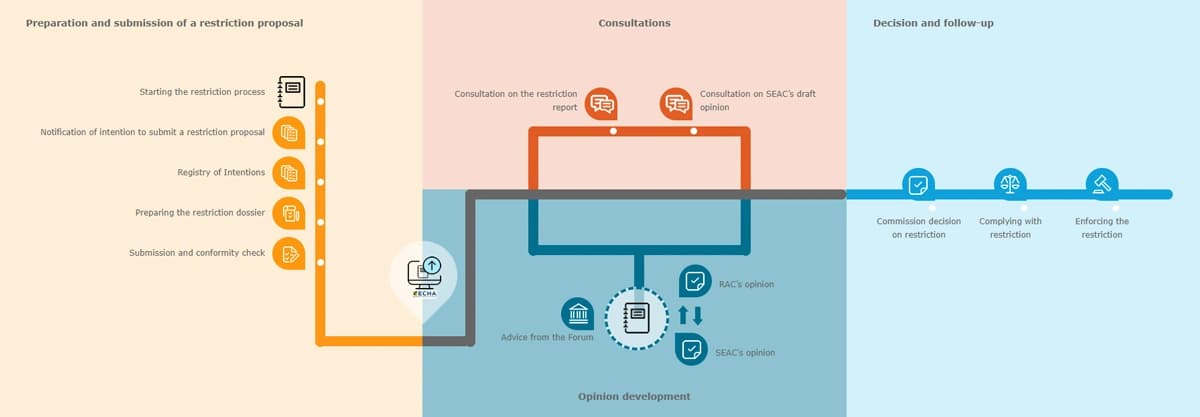
The TULAC sector and DeatexGroup’s commitment
Among the sectors already evaluated:
- Construction materials
- Food contact packaging
- Textiles, Upholstery, Leather, Apparel, Carpets (TULAC sector)
In the TULAC sector, no exemptions are planned, but technical alternatives are already available. This is where DeatexGroup’s commitment comes into play.
What we’re doing at DeatexGroup
At DeatexGroup, we have chosen to anticipate the regulatory shift. For several years now, we’ve been actively engaged in the development of fluoro-free formulations that ensure water-repellent and stain-resistant performance without using PFAS.
Between 2024 and 2025, we have:
- Successfully completed industrial-scale testing on PFAS-free alternatives;
- Partnered with suppliers and laboratories to validate new solutions;
- Started a transition towards more sustainable products, while maintaining the quality standards expected by our clients.
This proactive approach allows us to offer solutions already aligned with future EU restrictions, reinforcing our position as a reliable and forward-thinking partner in the TULAC sector.
Next steps and outlook
The final decision on the restriction proposal is expected by the end of 2025. If approved, the regulation would enter into force 18 months later, with temporary exemptions granted only to specific critical sectors (e.g. medical devices and electronics).
Meanwhile, EU Regulation 2024/2462 has already introduced strict limits for a specific PFAS compound — perfluorohexanoic acid (PFHxA) — which will be banned in concentrations above 25 ppb in consumer products starting from October 10, 2026.

Contact us for more information
Whether you are interested in our innovative products, would like more information on our sustainable processes or want to discuss a collaboration, the DeatexGroup team is ready to assist you.
Look for our FSC®, PEFC, GRS, OEKO-TEX® and Asthma Allergy Nordic certified products. Certification applies only to products bearing the respective logo. Certificates are available for download in the dedicated section.


